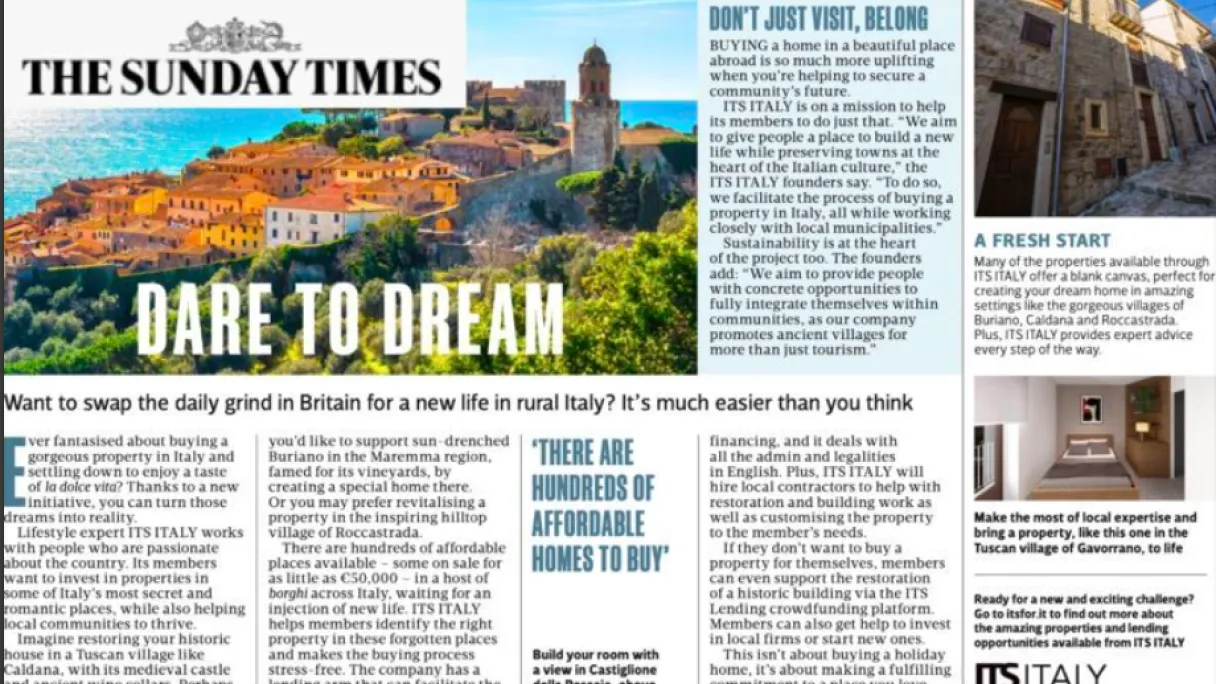
Minor content
The minor will focus on some of the following typologies of accommodations:
- Agritourism
- B&B and Country Houses
- Scattered Hotel (a hospitality model that was conceived in Italy and aims at recovering and bringing new life into old hamlets through tourism and hospitality; the concept is known
as Albergo Diffuso) - Hospitality in the Medieval hamlet or Borgo (an inclusive model that uses alternative accommodations (e.g., short-term rentals and B&Bs) and real estate projects to revitalize the economy of a rural village)*
- Wine farms
The minor will cover the following three broad subjects: Setting-up and managing hospitality Small-Medium Enterprises (SMEs); Socio-Economic Issues in hospitality SMEs; The Sustainability dimension of hospitality SMEs.
Each subject will be further broken down into themes that vary from Activities and Services (e.g., F&B, Didactics, Sports and Outdoor, Wine tasting and Goods selling), to Economic Impact of Alternative Accommodation on Hospitality and Tourism, to Circular Economy.




